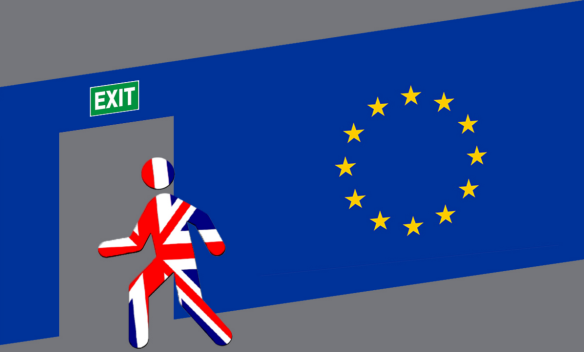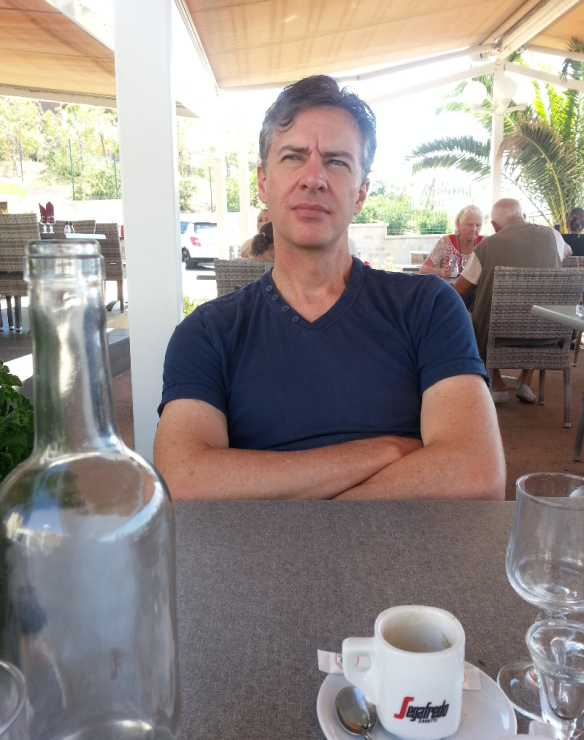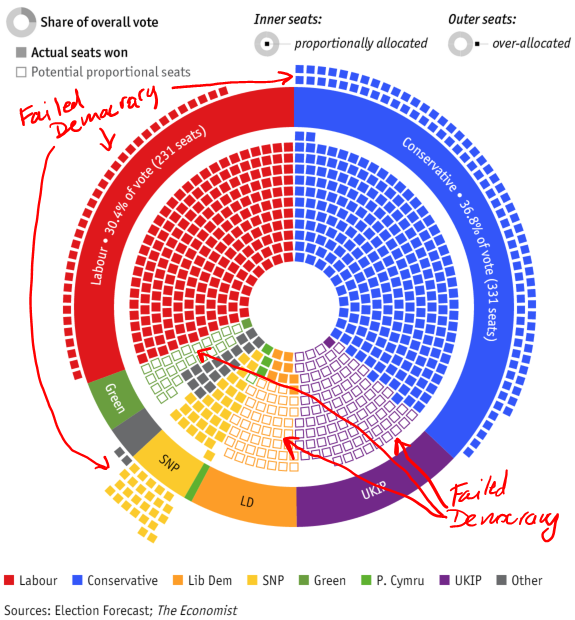
I have been visiting Brazil for 17 years, and the election tomorrow (round 1) promises to be the most interesting in the post-dictatorship period. There are 6 or 7 serious candidates, but only three really matter:
- Jair Bolsonaro, the hardline militarist law-maker from Rio, former military officer and congressman since 1991 – Social Liberal Party (PSL);
- Fernando Haddad, ex-mayor of Sao Paulo, minister for education 2005-12 under Lula and Dilma Rousseff, with an academic background in philosophy, law and economics – Workers Party (PT);
- Ciro Gomes, ex-state deputy in the northern state of Ceará, ex-mayor of Fortaleza and a lawyer – Democratic Labor Party (PDT).
Bolsonaro is controversial to say the least. I won’t explain here, but for English language readers, this Guardian article entitled How a homophobic, misogynist, racist ‘thing’ could be Brazil’s next president by a Brazilian journalist summarises well enough. For outsiders, Bolsonaro would seem something like Trump, but less dumb, more racist, homophobic and with the same interests in democracy (i.e. only temporary). The closer parallels are with Turkey and the rise of Erdogan, and Duterte in the Philippines. Think about that.






